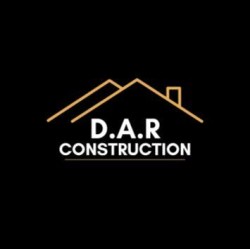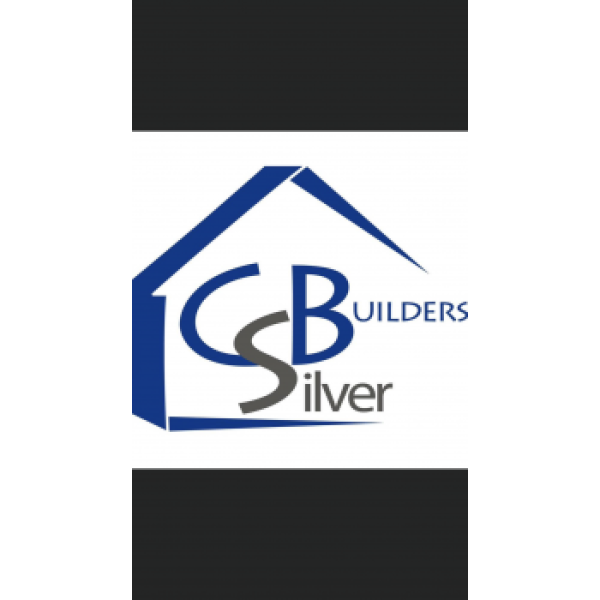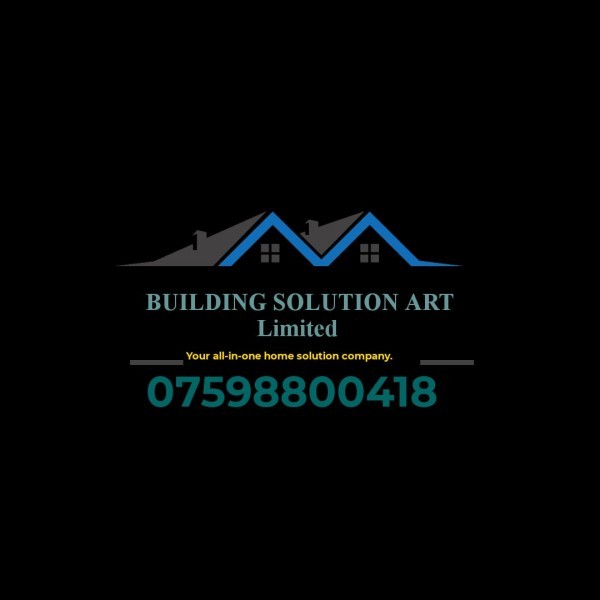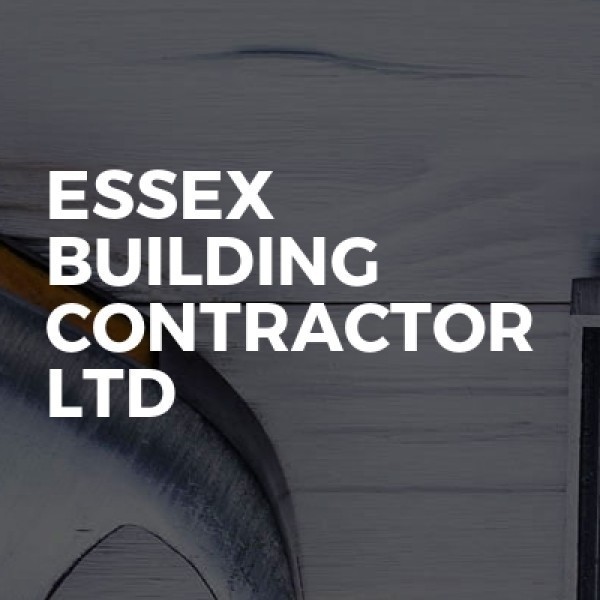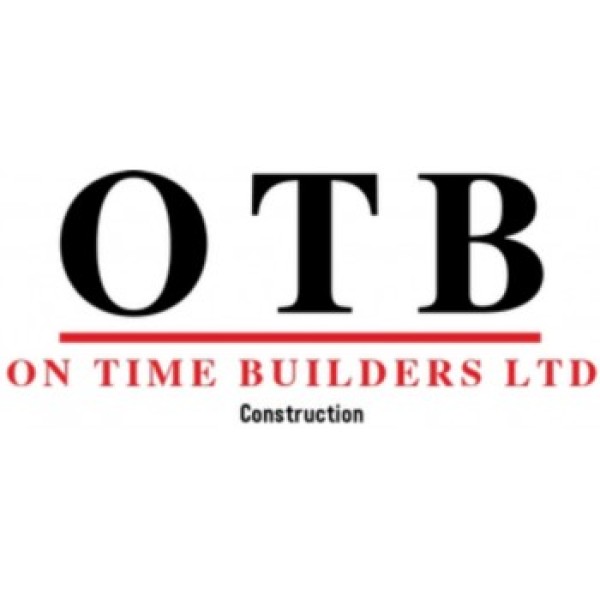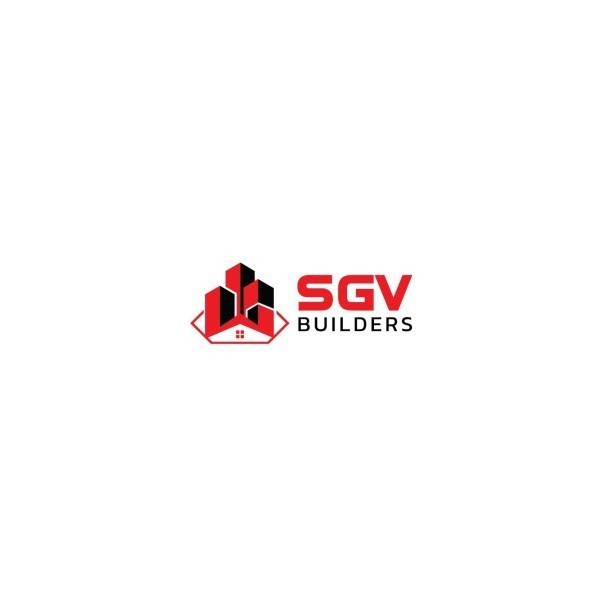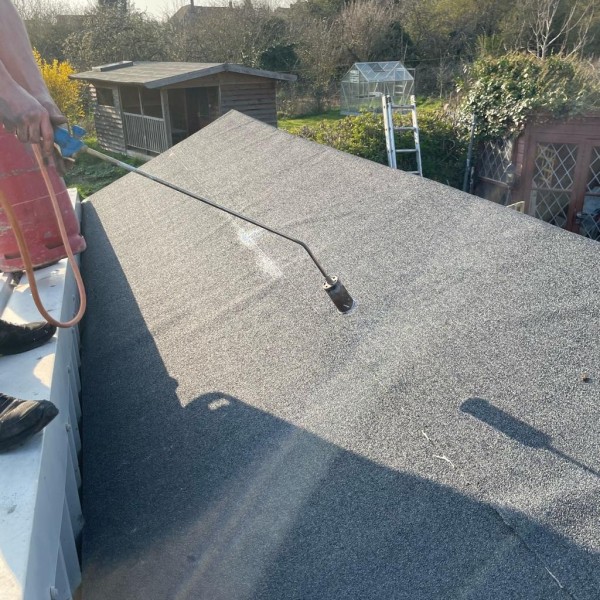Loft Conversions in Hayes
Search Loft Conversions in places nearby
Understanding Loft Conversions in Hayes
Loft conversions in Hayes have become a popular choice for homeowners looking to maximise their living space without the hassle of moving. This transformation not only adds value to your property but also provides a versatile area that can serve various purposes. Whether you need an extra bedroom, a home office, or a playroom, a loft conversion can be the perfect solution.
Why Choose a Loft Conversion?
Loft conversions offer numerous benefits. Firstly, they make use of the existing space in your home, which is often underutilised. This means you can expand your living area without encroaching on your garden or outdoor space. Additionally, loft conversions are generally more cost-effective than building an extension, and they can significantly increase the value of your home.
Cost-Effectiveness
One of the main reasons homeowners opt for loft conversions is the cost-effectiveness. Compared to other home improvement projects, loft conversions tend to be less expensive. This is because they utilise the existing structure of your home, reducing the need for extensive construction work. Moreover, the return on investment is often high, as the added space can increase your property's market value.
Increased Property Value
Adding a loft conversion can significantly boost your home's value. In Hayes, where property prices are steadily rising, this can be a smart financial move. A well-executed loft conversion can add up to 20% to your property's value, making it an attractive option for those looking to sell in the future.
Types of Loft Conversions
There are several types of loft conversions to consider, each with its own set of advantages. The choice largely depends on the structure of your home and your personal preferences.
Velux Loft Conversion
Velux loft conversions are the simplest and most cost-effective option. They involve installing Velux windows into the existing roofline, allowing natural light to flood the space. This type of conversion is ideal for homes with ample headroom and is less disruptive than other options.
Dormer Loft Conversion
Dormer conversions are a popular choice for those looking to add more space and headroom. This involves extending the existing roof to create a box-like structure, providing additional floor space and vertical walls. Dormer conversions are versatile and can be adapted to suit various styles and budgets.
Mansard Loft Conversion
Mansard conversions are more extensive and involve altering the entire roof structure. This type of conversion provides the most space and is ideal for those looking to create a large, open-plan area. However, it is also the most costly and may require planning permission.
Hip to Gable Loft Conversion
Hip to gable conversions are suitable for homes with a hipped roof. This involves extending the sloping side of the roof to create a vertical gable wall, increasing the loft space. This type of conversion is popular in semi-detached and detached homes.
Planning Permission and Building Regulations
Before embarking on a loft conversion in Hayes, it's essential to understand the planning permission and building regulations involved. While many loft conversions fall under permitted development rights, some may require planning permission, especially if you live in a conservation area or a listed building.
Permitted Development Rights
Most loft conversions are considered permitted development, meaning they do not require planning permission. However, there are specific criteria that must be met, such as the volume of the new space and the height of the roof. It's crucial to check with your local council to ensure your project complies with these regulations.
Building Regulations
Regardless of whether planning permission is required, all loft conversions must comply with building regulations. These regulations ensure the safety and structural integrity of the conversion, covering aspects such as fire safety, insulation, and access. It's advisable to work with a qualified architect or builder who can guide you through the process and ensure compliance.
Design Considerations for Loft Conversions
Designing a loft conversion involves several considerations to ensure the space is functional and aesthetically pleasing. From layout and lighting to storage solutions, careful planning is essential to make the most of your new space.
Layout and Space Utilisation
The layout of your loft conversion will largely depend on the intended use of the space. Consider how you want to use the area and plan the layout accordingly. For instance, if you're creating a bedroom, you'll need to think about where to place the bed and storage. If it's a home office, consider the best spot for a desk and seating.
Lighting and Ventilation
Natural light is crucial in a loft conversion, as it can make the space feel larger and more inviting. Velux windows are a popular choice, but you may also consider dormer windows or skylights. Ventilation is equally important, so ensure there are adequate windows or vents to allow fresh air to circulate.
Storage Solutions
Maximising storage is essential in a loft conversion, as space can be limited. Built-in wardrobes, shelving, and under-eaves storage can help keep the area organised and clutter-free. Consider bespoke solutions that make the most of the available space.
Choosing the Right Professionals
Working with experienced professionals is crucial to the success of your loft conversion. From architects and builders to interior designers, choosing the right team can make all the difference.
Architects and Designers
An architect or designer can help you plan the layout and design of your loft conversion, ensuring it meets your needs and complies with regulations. Look for professionals with experience in loft conversions and a portfolio of successful projects.
Builders and Contractors
Choosing the right builder is essential for a smooth and successful conversion. Look for reputable contractors with experience in loft conversions and check references from previous clients. A good builder will work closely with you to ensure the project is completed on time and within budget.
Budgeting for a Loft Conversion
Budgeting is a critical aspect of any home improvement project. Understanding the costs involved in a loft conversion can help you plan effectively and avoid unexpected expenses.
Cost Breakdown
The cost of a loft conversion can vary widely depending on the type of conversion, the size of the space, and the materials used. On average, a basic loft conversion can cost between £20,000 and £40,000, while more extensive projects can exceed £50,000. It's important to get detailed quotes from multiple contractors to ensure you're getting a fair price.
Financing Options
If you're concerned about the cost of a loft conversion, there are several financing options available. Home improvement loans, remortgaging, or using savings are common ways to fund the project. It's important to consider the long-term financial implications and choose the option that best suits your circumstances.
Frequently Asked Questions
- Do I need planning permission for a loft conversion in Hayes? Most loft conversions fall under permitted development rights, but it's essential to check with your local council.
- How long does a loft conversion take? The duration can vary, but most loft conversions take between 6 to 8 weeks to complete.
- Can all lofts be converted? Not all lofts are suitable for conversion. Factors such as headroom, roof structure, and access must be considered.
- Will a loft conversion add value to my home? Yes, a well-executed loft conversion can significantly increase your property's value.
- What is the best type of loft conversion? The best type depends on your home's structure and your personal preferences. Velux, dormer, mansard, and hip to gable are popular options.
- How can I ensure my loft conversion complies with building regulations? Working with experienced professionals and consulting your local council can help ensure compliance.
In conclusion, loft conversions in Hayes offer a fantastic opportunity to enhance your living space and add value to your home. By understanding the different types of conversions, planning permissions, and design considerations, you can create a functional and beautiful space that meets your needs. With careful planning and the right professionals, your loft conversion can be a rewarding investment for years to come.








